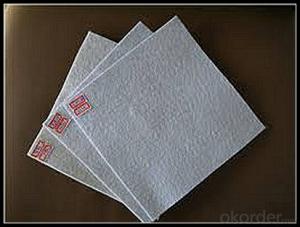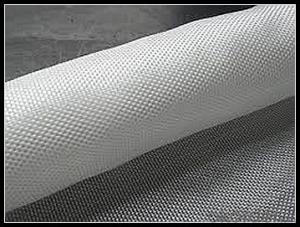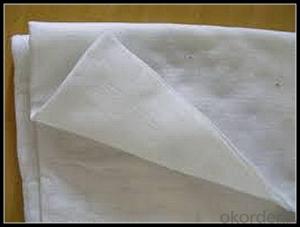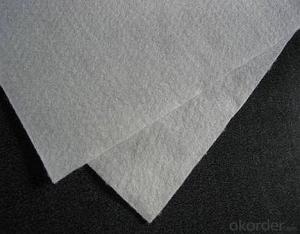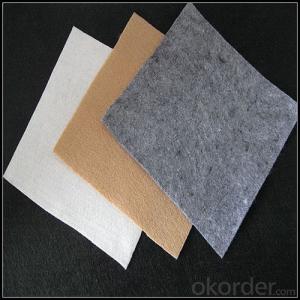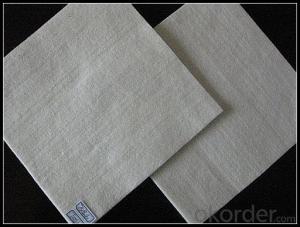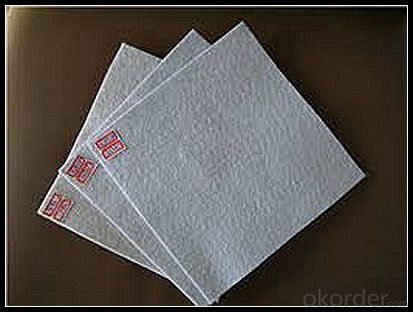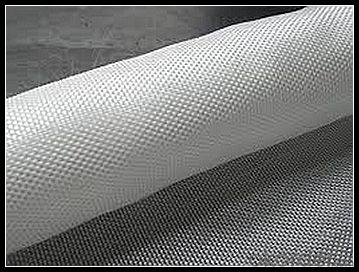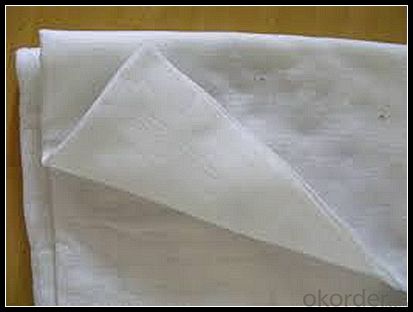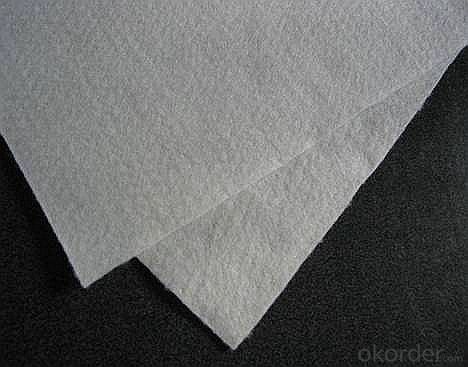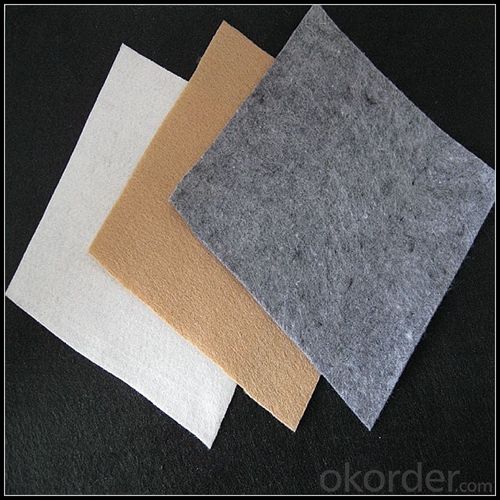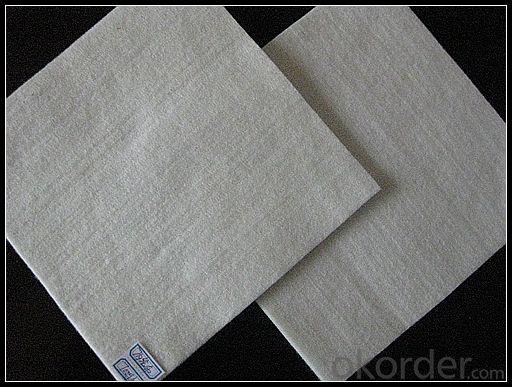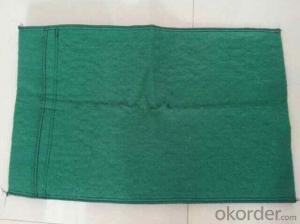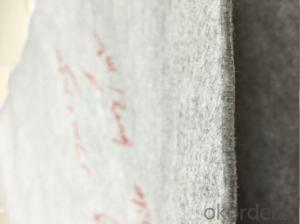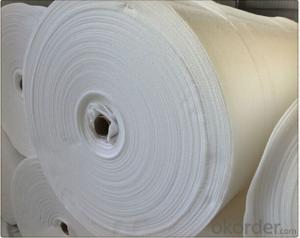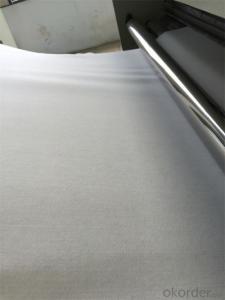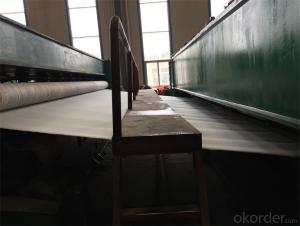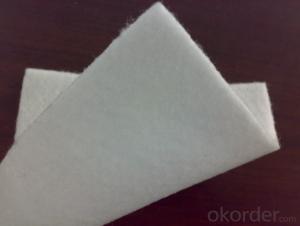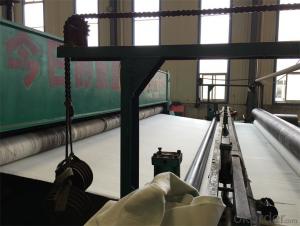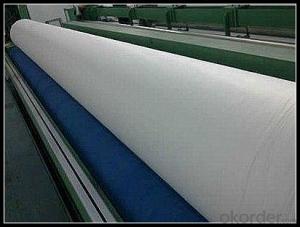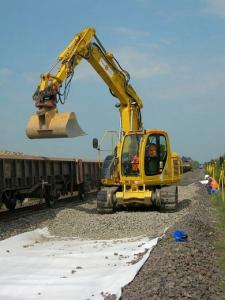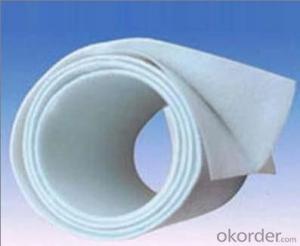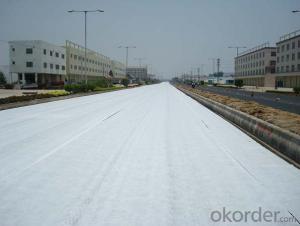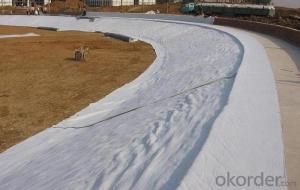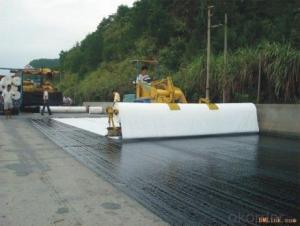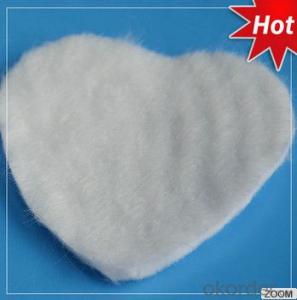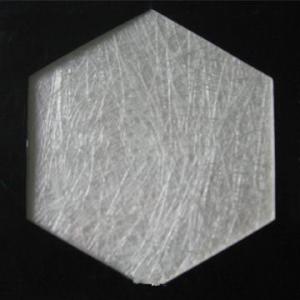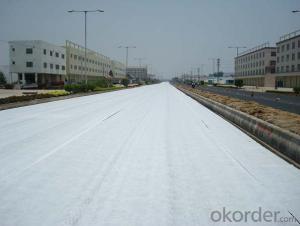Geotextiles East Africa Ltd Polypropylene Filter Non-Woven Geotextile Farbic Road Building Constructive Felt Fabric
- Loading Port:
- China main port
- Payment Terms:
- TT OR LC
- Min Order Qty:
- 1000 m²
- Supply Capability:
- 1000000 m²/month
OKorder Service Pledge
OKorder Financial Service
You Might Also Like
Specification
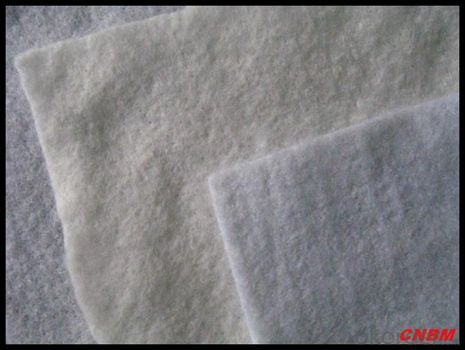
1) Weight / Mass: 100g/m2-1500g/m2
2) Width: Within 8 m (1m-8m)
3) Length: 50m-100m/roll (as request)
4) Material: PP / PET
5) Color: Black , white , grey and other color
Applications
Filtration
gabions and river mattresses
roads
concrete retaining walls.
Separation
the separation of good and poor roadway layer work materials
roads over soft soils.
Roadway lining
provides waterproofing qualities for layer works and wearing courses.
Drainage of
sports fields
railway tracks
behind concrete walls & embankments.
Membrane liner protection
Packaging & Shipping
Packing: PLASTIC FILM INSIDE, AND WOVEN BAG OUTSIDE
Shipping: About 15 days after receipt the deposit
geotextile fabric
permeability,filtration,easy for construction
ISO and CE certificate
Good quality and competitive price
Our Service
Quality assurance
1.On a regular basis or as per your request,we entrust national testing agencies to conduct quality inspections
2. Strictly in accordance with the ISO9001-2008 international quality system standard,we monitor and manage the whole process throughout production,quality testing,and measurement to ensure product quality
3. For quality-related construction delay or substandard construction(except for damage or losses due to customer’s responsibility or irresistible natural disasters),we have refunding,replacement,and repair services.We will respond to customers’ feedbacks on quality issues within 24 hours.
FAQ:
Q: What kind of payments does jenor support?
A: T/T, L/C, Cash are accepted.
Q: Do you charge for the samples?
A: Accordeing to our company policy, the samples are free, we only charge the freight fee. And we will return the freight fee during the next order.
Q: Can you produce according to customers' design?
A: Sure, we are professional manufacturer, OEM and ODM are both welcome.
Q: Do you have other products?
A: Yes, please check the pictures:
- Q: What are the specifications for geotextiles in pond liner projects?
- The specifications for geotextiles in pond liner projects typically include factors such as weight, tensile strength, permeability, and puncture resistance. The geotextile should be heavy enough to provide sufficient protection against punctures and tears, while also allowing for water to pass through and prevent buildup on the liner. It should have high tensile strength to withstand the stresses of installation and long-term use. Additionally, the geotextile should meet industry standards and regulations for quality and durability in pond liner applications.
- Q: Can geotextiles be used in shoreline protection?
- Yes, geotextiles can be used in shoreline protection. They are commonly used to stabilize and reinforce shorelines by providing erosion control, preventing soil movement, and promoting vegetation growth. Geotextiles help reduce wave energy, filter sediment, and improve overall stability, making them an effective solution for shoreline protection.
- Q: How do geotextiles contribute to erosion control on slopes?
- Geotextiles contribute to erosion control on slopes by providing stability and reinforcement to the soil. They act as a barrier that prevents soil particles from being washed away by water or wind. The geotextiles also promote vegetation growth and root development, further enhancing their erosion control capabilities.
- Q: How do geotextiles help with load support in unpaved roads?
- Geotextiles help with load support in unpaved roads by providing a stable base and preventing the mixing of different soil layers. They act as a barrier between the road surface and the underlying soil, distributing the load evenly and reducing the risk of rutting and deformation. Additionally, geotextiles enhance the drainage capabilities of the road, improving its overall strength and durability.
- Q: What are the key factors affecting the creep behavior of geotextiles?
- The key factors affecting the creep behavior of geotextiles include the material properties of the geotextile itself, such as its tensile strength, elongation capacity, and viscoelastic behavior. The load applied to the geotextile, including the magnitude and duration, also plays a significant role in its creep behavior. Environmental conditions, such as temperature, moisture, and UV exposure, can further influence the creep performance of geotextiles. Additionally, the installation and stress transfer mechanisms between the geotextile and adjacent soils or structures can affect its creep behavior.
- Q: Can geotextiles be used in coastal protection systems?
- Yes, geotextiles can be used in coastal protection systems. They are often used as a part of erosion control measures, such as beach nourishment or seawall construction. Geotextiles can help to stabilize coastal slopes, prevent soil erosion, and provide a barrier against wave action. Their permeable nature allows for water drainage while still offering effective protection against coastal erosion.
- Q: Bentonite waterproof blanket and geotextile pond construction which is good
- The best is the quality of HDPE culture film, I professional production, wish smooth
- Q: What are the installation techniques for geotextiles?
- There are several installation techniques for geotextiles, depending on the specific application and site conditions. Some common techniques include anchoring the geotextile with stakes or pins, securing it with sandbags or gravel, or using mechanical devices such as anchors or screws. The geotextile may also be overlapped and sewn together, or heat-welded to create a continuous barrier. It is important to follow the manufacturer's guidelines and industry standards when installing geotextiles to ensure proper functionality and longevity.
- Q: Can geotextiles be used in green roof construction?
- Yes, geotextiles can be used in green roof construction. Geotextiles are often used as a separation layer between the soil and the roof membrane to prevent soil erosion, provide drainage, and promote plant growth.
- Q: 400 grams per square meter of non-woven geotextiles how much money
- According to your technical parameters, the specific number of professional geotextile manufacturers to answer, power to discuss!
Send your message to us
Geotextiles East Africa Ltd Polypropylene Filter Non-Woven Geotextile Farbic Road Building Constructive Felt Fabric
- Loading Port:
- China main port
- Payment Terms:
- TT OR LC
- Min Order Qty:
- 1000 m²
- Supply Capability:
- 1000000 m²/month
OKorder Service Pledge
OKorder Financial Service
Similar products
Hot products
Hot Searches
Related keywords
